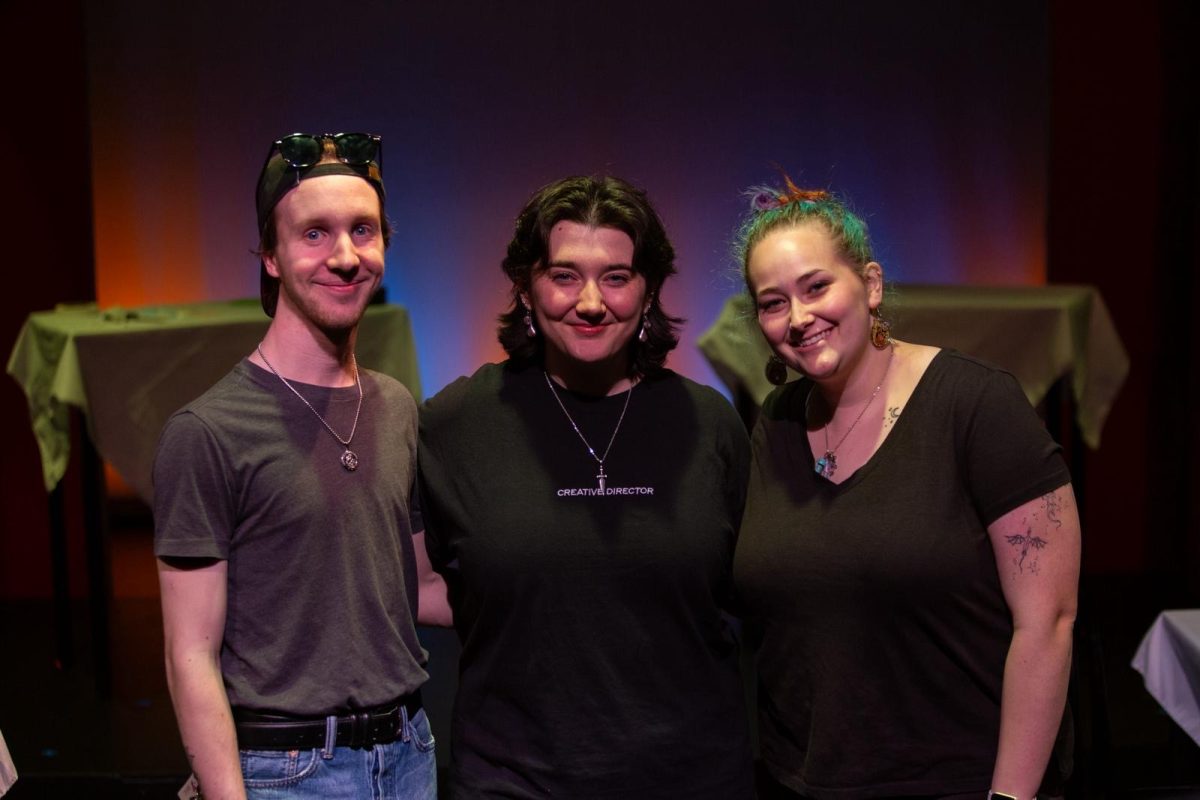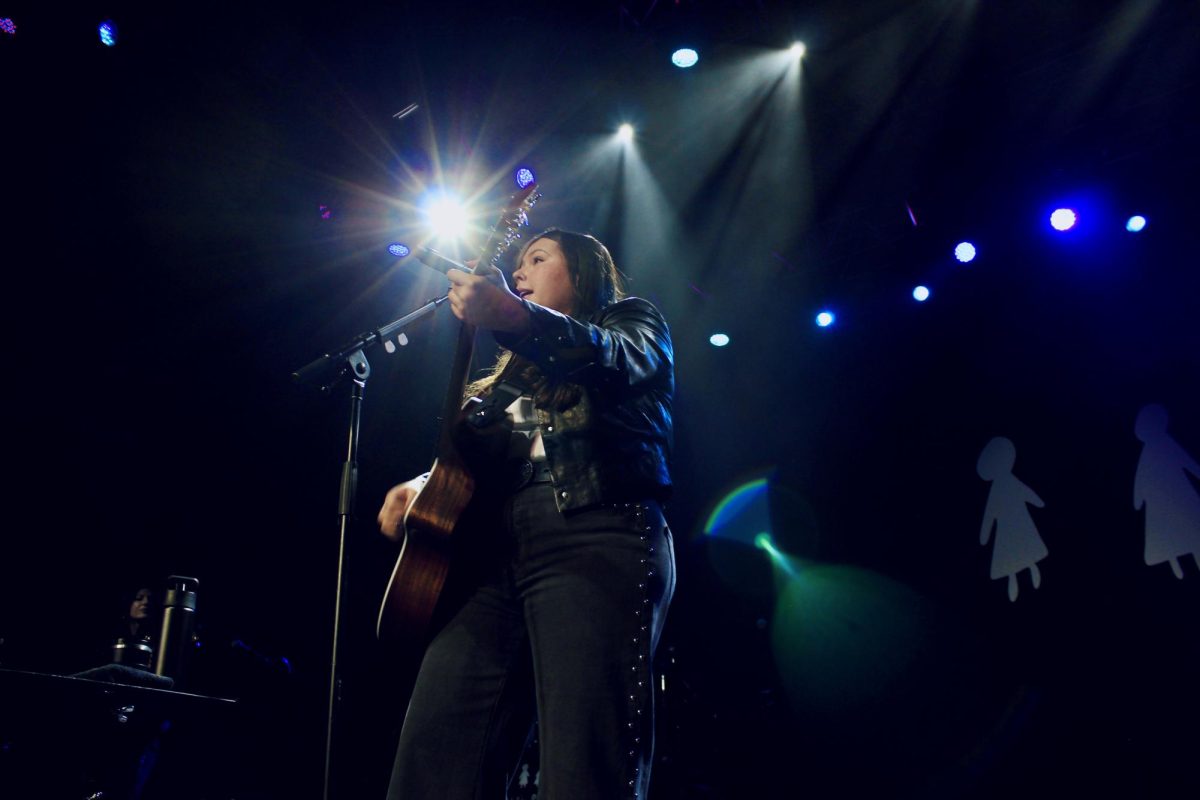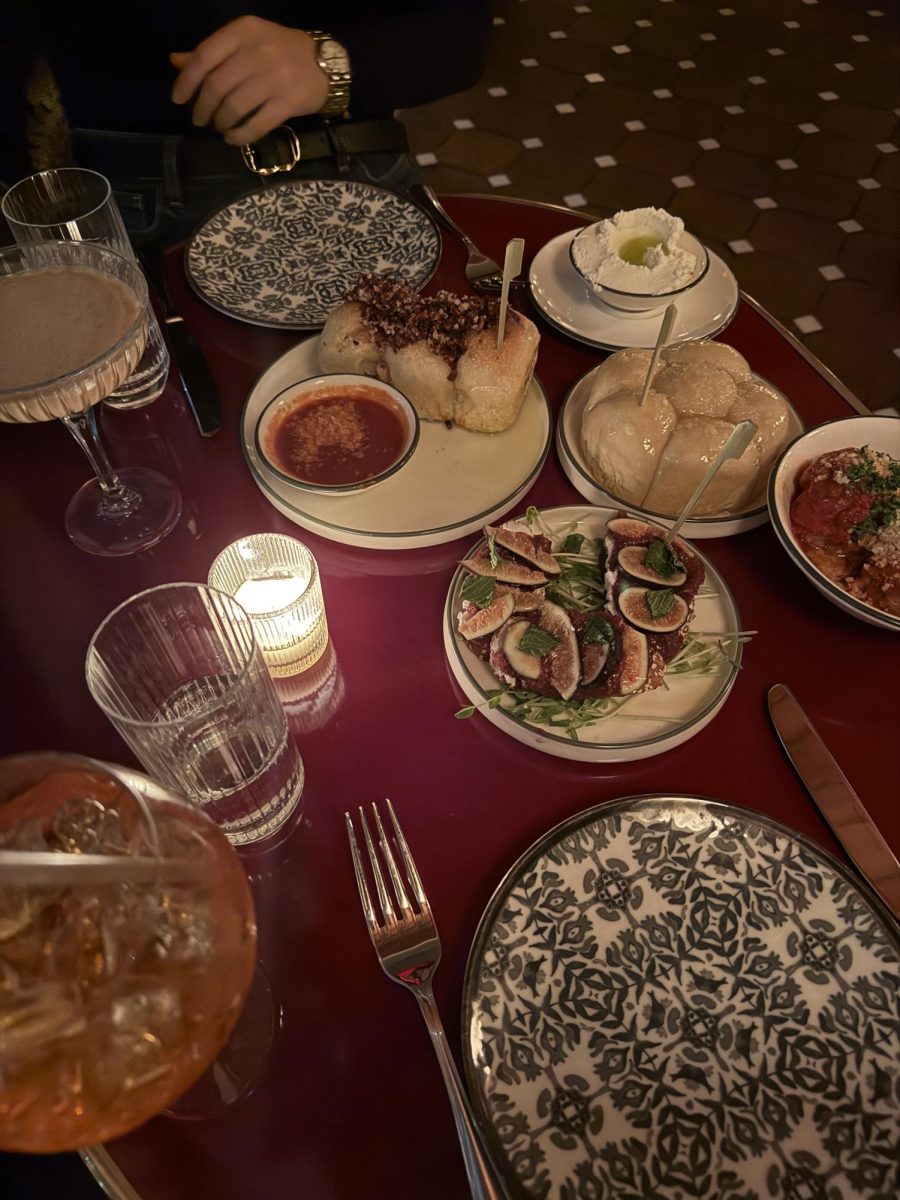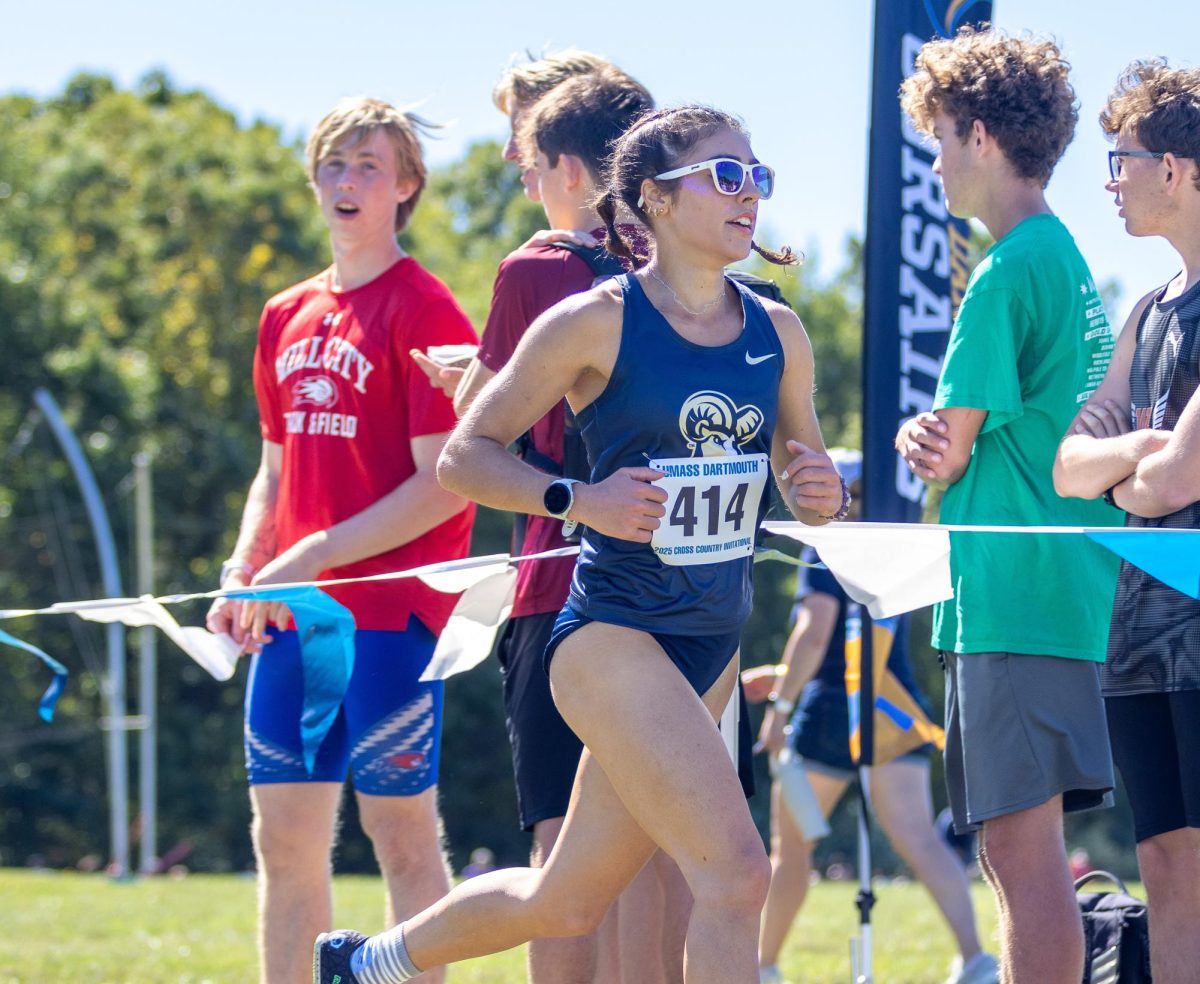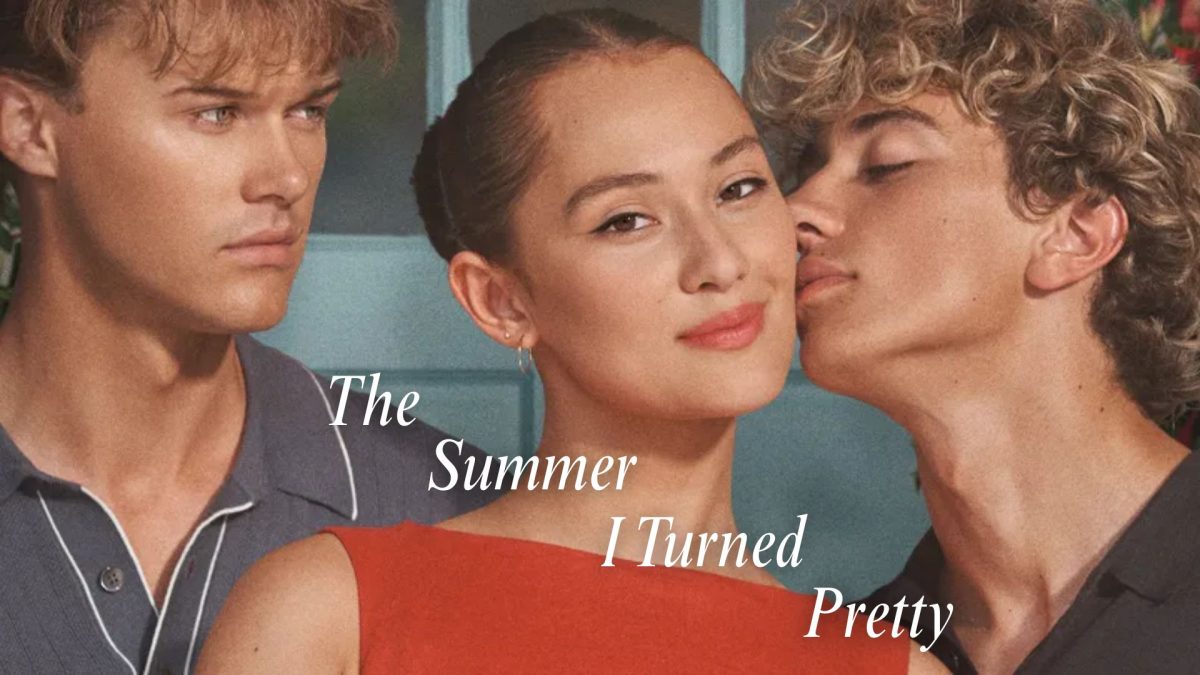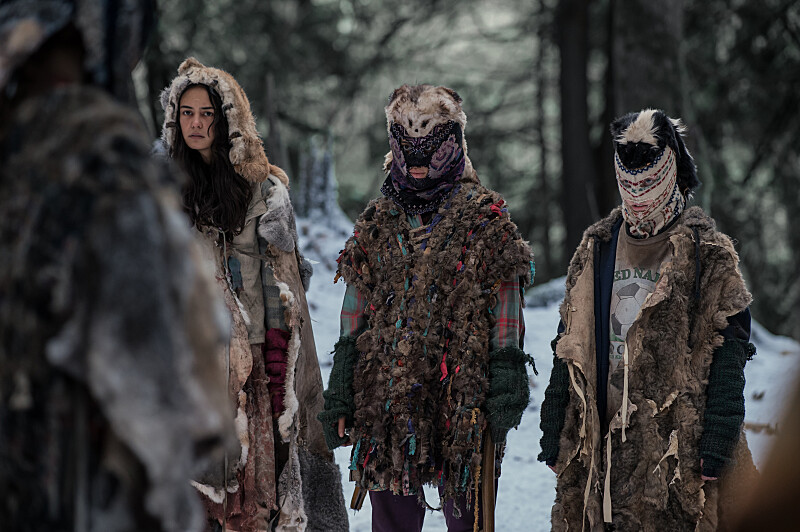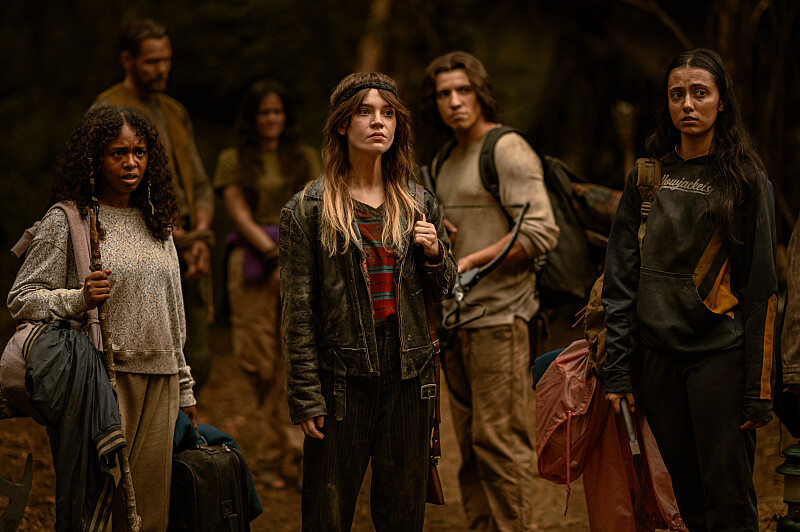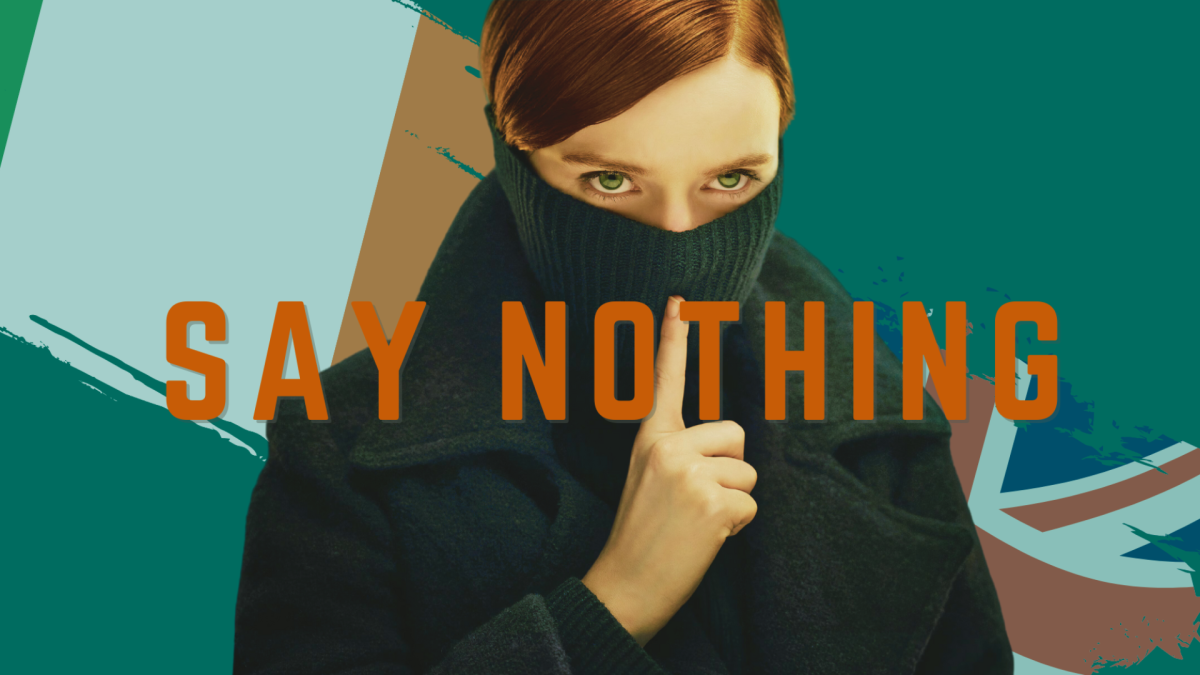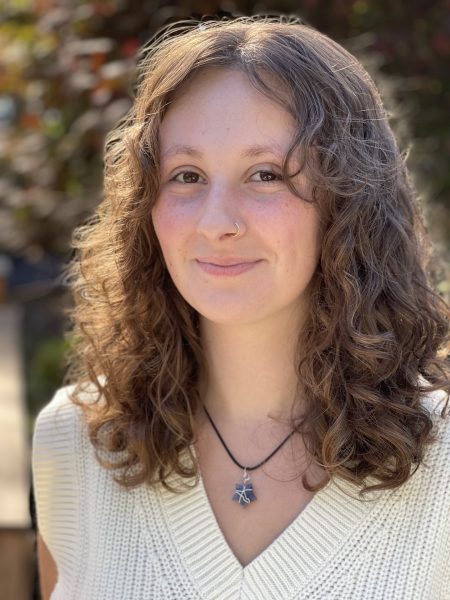Queer love, mental health, teen intimacy and family struggles are all key plot points in season three of “Heartstopper,” which came out Oct. 3.
A show that touched the lives of thousands of queer people across the world has captivated audiences once again with its heart-wrenching storyline and updated maturity. Characters that viewers have come to love continue to discover more about themselves as they battle mental health and new aspects of their relationships.
Charlie, played by Joe Locke, and Nick, played by Kit Connor, continue to grow their relationship and at the beginning of the season, we see Charlie trying to find a way to tell Nick he loves him.
At the end of season 2, we are introduced to some of Charlie’s mental health struggles and Nick begins to worry about Charlie having an eating disorder. These are further explored in this season as Nick expresses his concerns over Charlie’s health and he realizes that he needs to seek professional help.
The show captures the intense moments of how behavior and attitudes can change when someone is having a mental health crisis, and we see Charlie become more short-tempered and withdrawn as his mental health continues to decline. This emotional rollercoaster leaves you with tears in your eyes as you see Nick trying to help but realizing that the help Charlie needs is more than what one teenager can provide.
In the first episode of the season, “Love,” Nick and Charlie both have things on their mind that they want to talk to each other about. However, they have very different things to share. The last episode of season 2, “Perfect,” leaves Charlie debating sending a text to Nick saying, “I love you.” When we return to the series, Charlie is trying to figure out how to share his feelings with Nick.
Nick, on the other hand, wants to confront Charlie about his concerning behaviors with eating and wants him to seek professional help.
While the heavier topics of mental health take the audience right into the deep end of these ever-evolving and complicated relationships, some scenes continue to hold the essential themes of “Heartstopper” that make the audience fall in love with these beautifully complex characters.
Season 3, episode 2, “Home,” shows a hauntingly emotional scene between Nick and his aunt, Diane, played by Hayley Atwell. They are on holiday together and at the end of the episode, Nick opens up to her about how he’s scared and worried about his boyfriend. Atwell delivers a beautiful monologue where she explains that “love can’t cure mental illness” and talks to him about how you can support someone through their battles with mental health.
For many young people watching this scene, no matter what their lived experiences are, there is a relatable element of the words being said. The love that Nick feels for Charlie is undeniable to anybody who has watched the show, but sometimes that love cannot solve someone’s greatest battles. And that’s okay.
Nick continues to support Charlie in any way he can. However, it becomes increasingly difficult as Charlie copes with how he can receive help and faces the reality that he has to talk to his family about the options he has. At the end of episode 3, “Talk,” Nick helps Charlie talk to his parents about everything he’s been struggling with. Locke brings a raw and emotional performance to his dialogue where he opens up about the struggles of mental health and has a turning point in which he wants to get help and get better.
In episode 4, “Journey,” we move through the timeline of Charlie’s two months of seeking help in a treatment center where he is diagnosed with OCD and anorexia. The episode explores Nick’s point of view along with Charlie’s while tackling the complicated topics of mental health, recovery and how that looks for personal relationships.
Through Nick, we see the effects that a partner’s mental health can have on others and the love that we feel for someone, sometimes, isn’t the only thing they need to be okay. Reaching out for help is scary, and loving someone through a mental health crisis is a difficult and under-discussed issue. Throughout season three, the dependency that Nick and Charlie have for one another is explored deeper and will continue to be a theme that affects their future plans together.
With Charlie, the audience is taken on a first-person perspective of battling eating disorders, self-harm, OCD and recovery in an emotional and honest way. We are able to see the complexities that go into recovery, whether it be not knowing if you want to get better or keeping relationships through trying times. Locke is able to embody this sensitive and often taboo topic in an emotionally impactful way that can touch anybody, whether they relate to the character’s experiences or not.
Another relationship that is explored deeply in this season is between Charlie and his sister, Tori, played by Jenny Walser. In the first two seasons, Tori is seen as a minimal character who makes surprisingly witty comments every so often. This season, we get a closer look at the sibling dynamics between them and how Charlie’s mental health has impacted Tori.
In episode 5, “Winter,” Tori and Charlie struggle to stay sane during uncomfortable family dynamics at the holidays. They find solace in each other and the audience learns more about the unbreakable bond they share.
As the season progresses and the months pass, a new aspect of Nick and Charlie’s relationship is explored. Sex. One of the takeaways from their developing relationship is how Charlie perceives himself and how that is presented to his partner. The show touches on the delicate issue of self-harm and scars and how that impacts how someone sees themselves. Locke delivers beautiful and emotional scenes where he battles body image and exposes himself to Nick, knowing this would mean exposing his scars. “Heartstopper” handled the topic really well.
As much as the show focuses on Nick and Charlie, their friends also go through their own major changes and challenges in this new season.
“Heartstopper” represents many different LGBTQ+ identities throughout its seasons as each character has different identities and experiences, allowing for many queer people to see themselves represented on the screen.
Elle, played by Yasmin Finney, is a trans-woman who is seen navigating the world and discovering more of her identity. As she continues to develop her relationship with Tao, played by William Gao, the show looks at some of the struggles that sex and intimacy can look like for a trans woman. In the usual Heartstopper fashion, the topic is approached and resolved in a way that people in healthy relationships can relate to.
Beyond the relationship dynamics with Elle and Tao, Elle’s art has made her popular on social media. In episode six, “Body,” Elle is asked to do an interview about her work on a local radio station. The interview takes a turn when the interviewer starts asking Elle about her thoughts on the anti-trans movements happening in order to get “multiple” perspectives. Elle points out the transphobia involved in these questions and walks out. After this, she is discouraged with her art and Tao makes a heartwarming video about how he sees Elle to try and re-inspire her.
In this season, another new identity is explored. Darcy, played by Kizzy Edgell, explores non-binary identities and how exploring gender can help them feel more like themselves. Last season, we saw a glimpse into Darcy’s family life and in this season, we see that they no longer have contact with their mother. Darcy’s character gives a voice to not just the exploration of sexuality but the exploration of gender. In episode seven, “Together,” Darcy comes out to their girlfriend Tara, played by Corinna Brown, as non-binary.
Isaac, played by Tobie Donovan, is also an important character when it comes to his aromantic and asexual identity. With all his friends in romantic relationships and talking about intimacy, Isaac gives a voice to people who don’t feel those types of attractions. Isaac represents an important and often outspoken group of people who don’t always get appropriate, or any, representation on the screen.
When it comes to Imogen, played by Rhea Norwood, her identity has been undiscussed for the first two seasons. Originally, she is portrayed as a straight ally but at the end of season two, there is a moment between her and Sahar, played by Leila Khan, where we are left wondering if something more is happening between them. This season, it is revealed that they both do in fact have feelings for each other, but they decide to stay friends. In episode eight, “Apart,” Imogen talks to Nick about how she doesn’t know who she is, and says she doesn’t know if she’s ever had feelings for a boy and explains that what she thought was feelings might have instead been the societal pressures she felt to have a boyfriend. Her questioning identity is so important because the discovery of sexuality is not always an obvious or linear path. Representing Imogen as not having her sexuality figured out is a key element to the representation that “Heartstopper” provides.
“Heartstopper” once again captivated hearts and made us all shed some tears with its third season. As the characters continue to grow, the show does not shy away from challenging topics and creates a space where mental health is talked about and represents these struggles in an honest and vulnerable way. With the wide range of queer identities, there is a place for everyone in the world that “Heartstopper” made.





